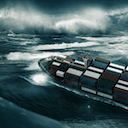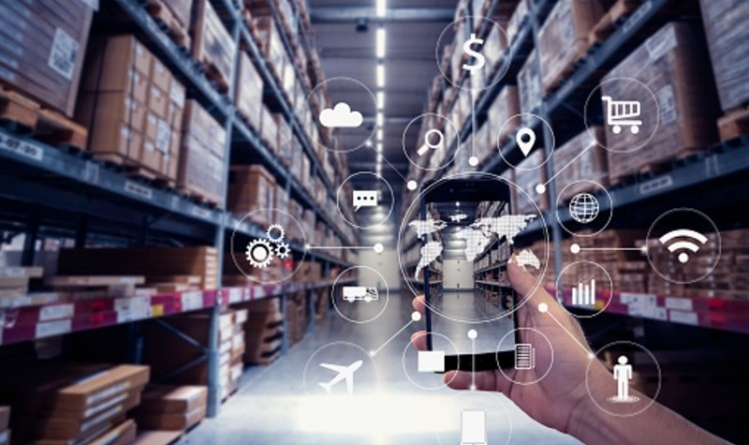Tackling Global Crises Through Trade and Logistics
The world is facing a perfect storm of crises, from the COVID-19 pandemic to the climate emergency and the war in Ukraine. Rising trade costs, especially in maritime transport, have contributed to soaring food and energy prices, which have hit record levels this year. Trade restrictions have limited global supplies, and Europe now has to import gas on ships instead of through pipes.
UNCTAD Secretary-General Rebeca Grynspan has highlighted the need for trade solutions to be at the heart of global efforts to respond to these challenges. She has pointed to the UN-backed Black Sea Grain Initiative, which has seen over 7 million metric tons of grain and other foodstuffs exported through the Black Sea, as an example of the power of trade in times of crisis. This initiative has had a tremendous welfare effect, with the expectation of its signing alone leading to a six-month consecutive decline in the FAO Food Price Index.
In addition to the Black Sea Grain Initiative, Grynspan has called for five other key trade actions to counter the current crises. These include ending trade restrictions from global suppliers, managing demand and avoiding a scramble for commodities, facilitating fertilizer exports, shortening supply chains, and fostering regional supply chains.
It is clear that trade solutions must be at the heart of global efforts to respond to the current crises. By renewing the Black Sea Grain Initiative, ending trade restrictions, facilitating exports and managing demand, we can get food, fertilizers and energy to all.


What an amazing initiative! This is a great example of how trade can be used to tackle global crises.
Wow, so this initiative has had a tremendous welfare effect! It’s a great example of the power of trade in times of crisis.
I am amazed by the value of data analytics in understanding the impacts of trade restrictions. Is there any way to shorten supply chains even more?
In these trying times, trade solutions are essential for responding to global crises. I hope this initiative can be renewed and expanded to other areas.
Great article! I’m surprised at the value of data analytics in understanding the impacts of trade restrictions.